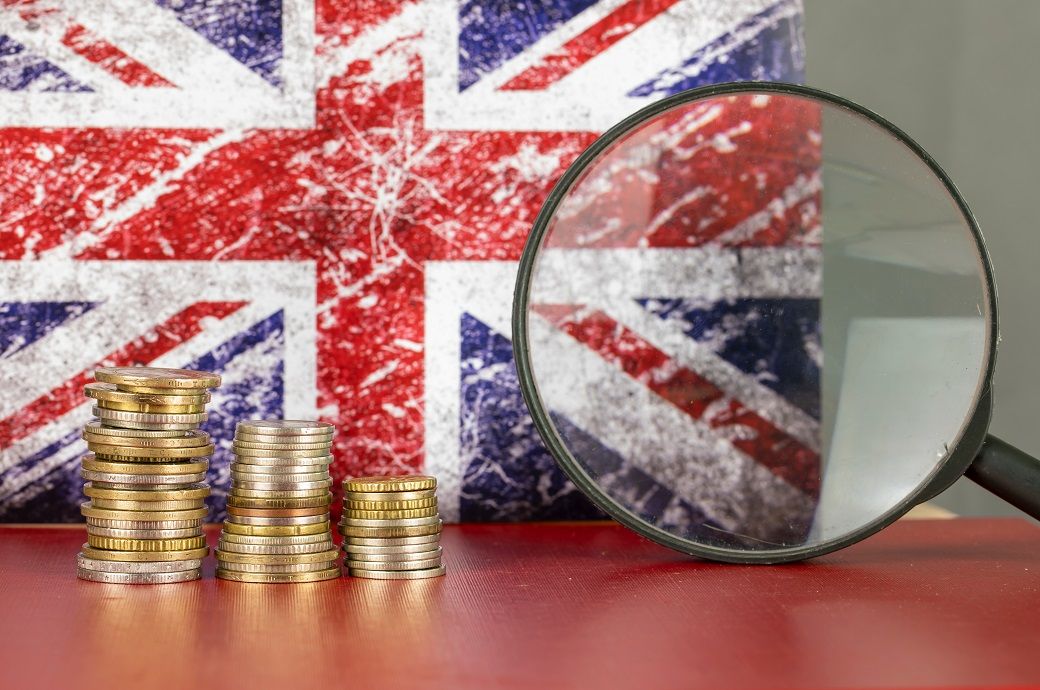
The Conference Board Leading Economic Index (LEI) for the United Kingdom fell by 0.1 per cent in December 2024 to 75.9 (2016=100), marking a second consecutive month of decline. This follows another 0.1 per cent drop in November, indicating persistent economic uncertainty as the country heads into 2025.
Despite the recent dip, the LEI’s performance in the second half of 2024 shows some improvement. The index contracted by 0.4 per cent over this period, a notable recovery compared to the sharper 1.2 per cent contraction recorded in the first half of the year.
Meanwhile, the Conference Board Coincident Economic Index (CEI), which reflects current economic conditions, recorded a slight increase of 0.1 per cent in December, reaching 106.8 (2016=100). This follows two months of stagnation, suggesting some resilience in economic activity. Over the second half of 2024, the CEI grew by 0.6 per cent, albeit at half the pace of the 1.2 per cent increase seen in the first half of the year.
“The UK LEI ticked down for a second consecutive month in December. However, the decline was concentrated on only 3 components, including consumer confidence that remained weak as UK consumers’ views of the general economy continued to be soft. The other five components of the LEI were either unchanged or had slight positive contributions,” said Allen Li, associate economist at The Conference Board in a press release.
In addition, the UK LEI’s six-month and annual growth rates have become less negative in recent months. Overall, the Index suggests that headwinds to economic growth, while still present, could moderate in the near term. The Conference Board currently estimates that the UK real GDP grew by 0.8 per cent in 2024 and expects growth to reach a slightly higher mark of 0.9 per cent in 2025, aided by less restrictive monetary policy, but balanced by global uncertainty and stubborn inflation,” Li added.
ALCHEMPro News Desk (HU)
Receive daily prices and market insights straight to your inbox. Subscribe to AlchemPro Weekly!